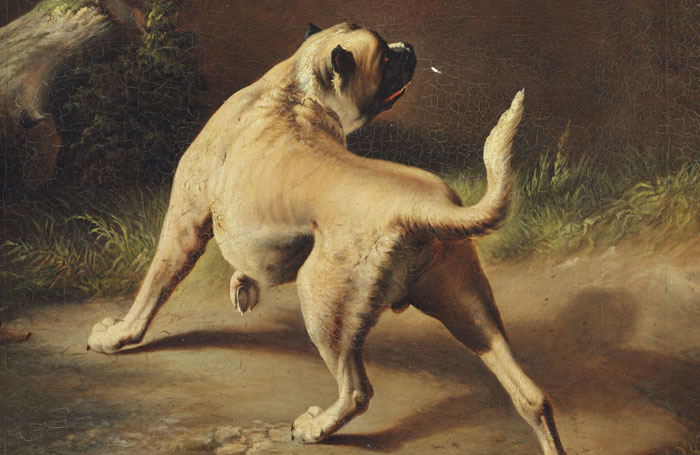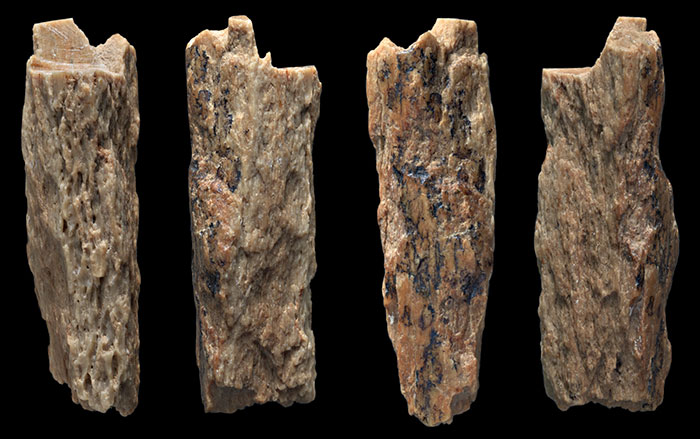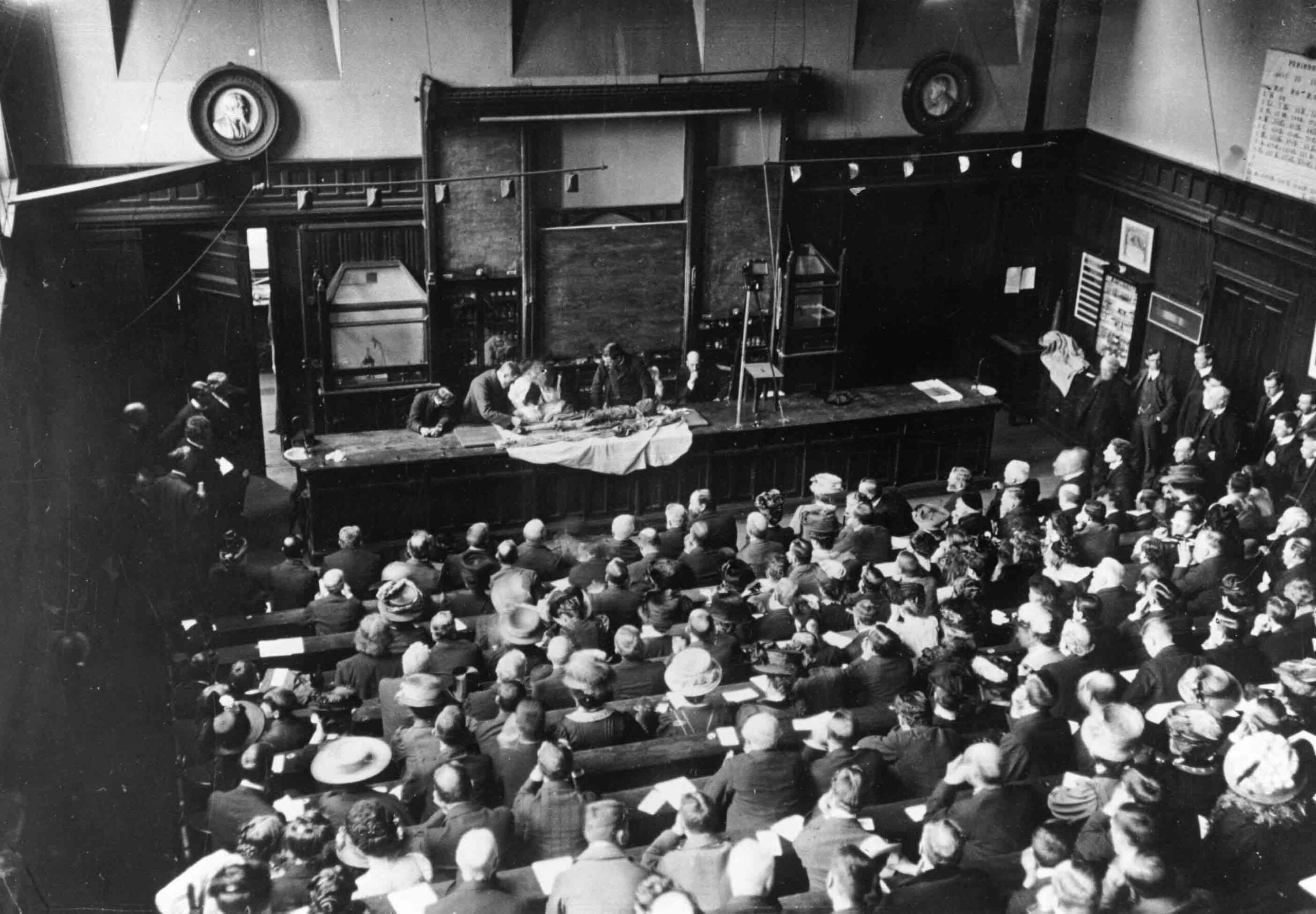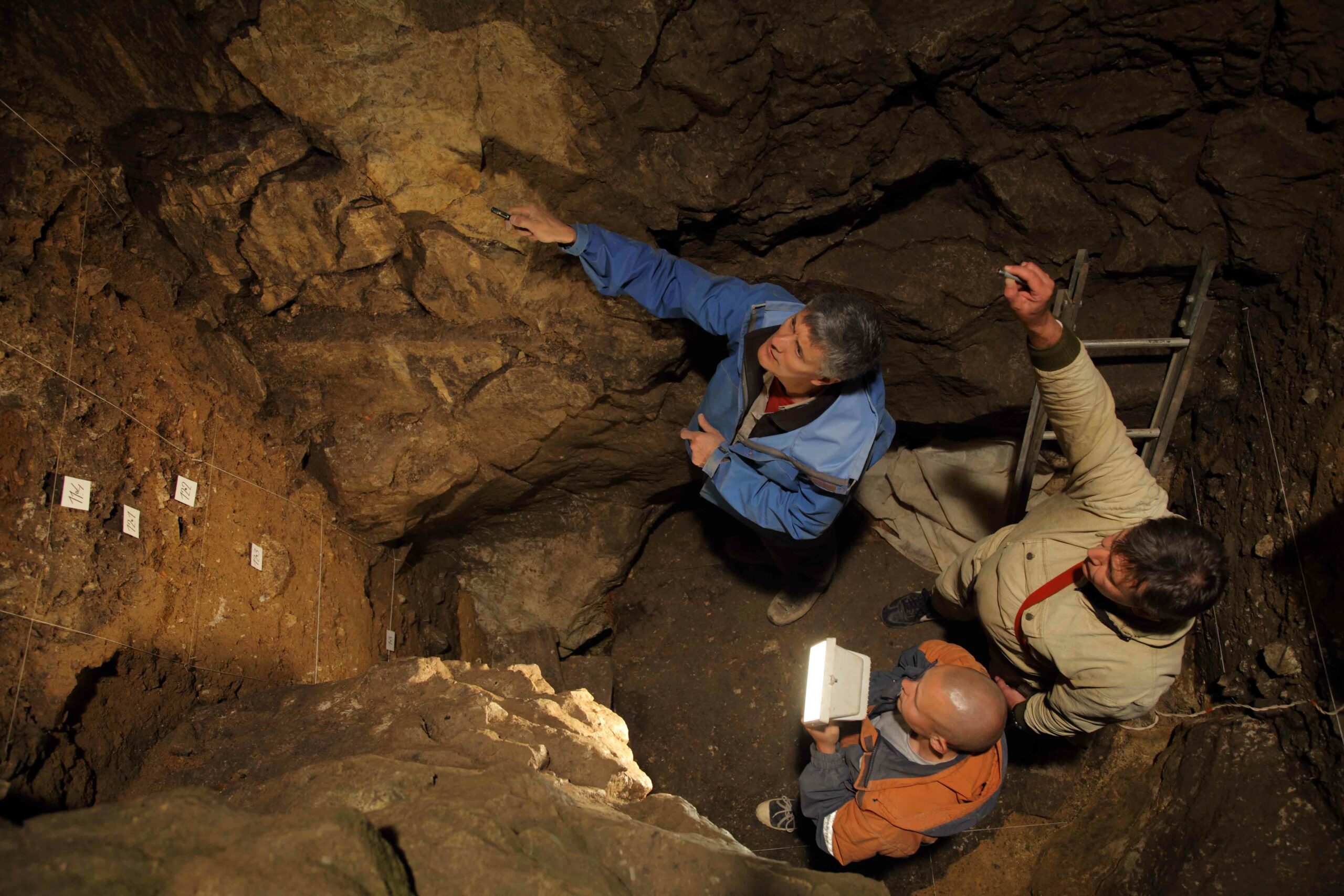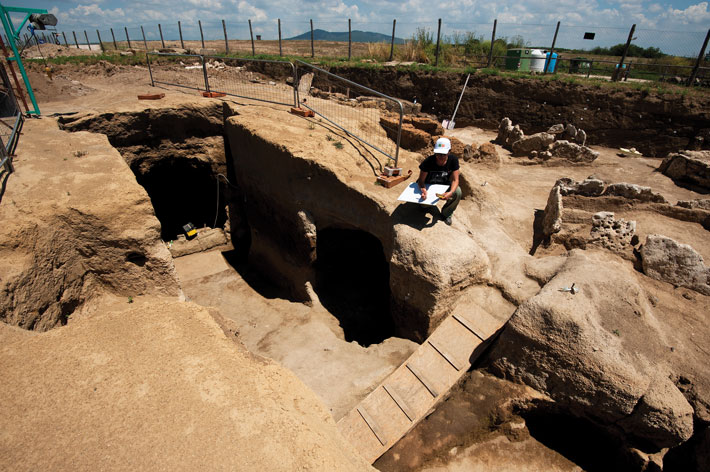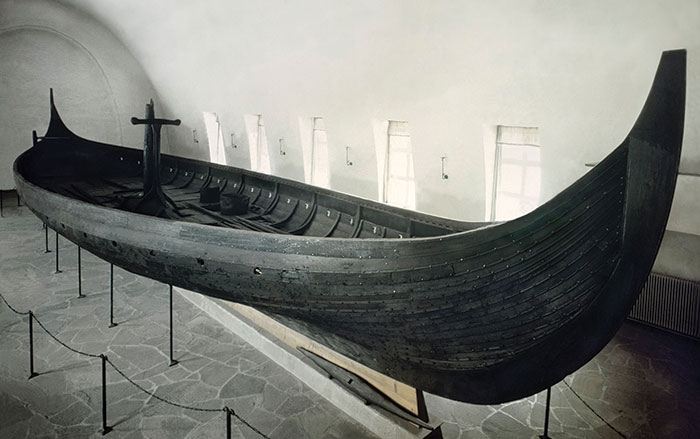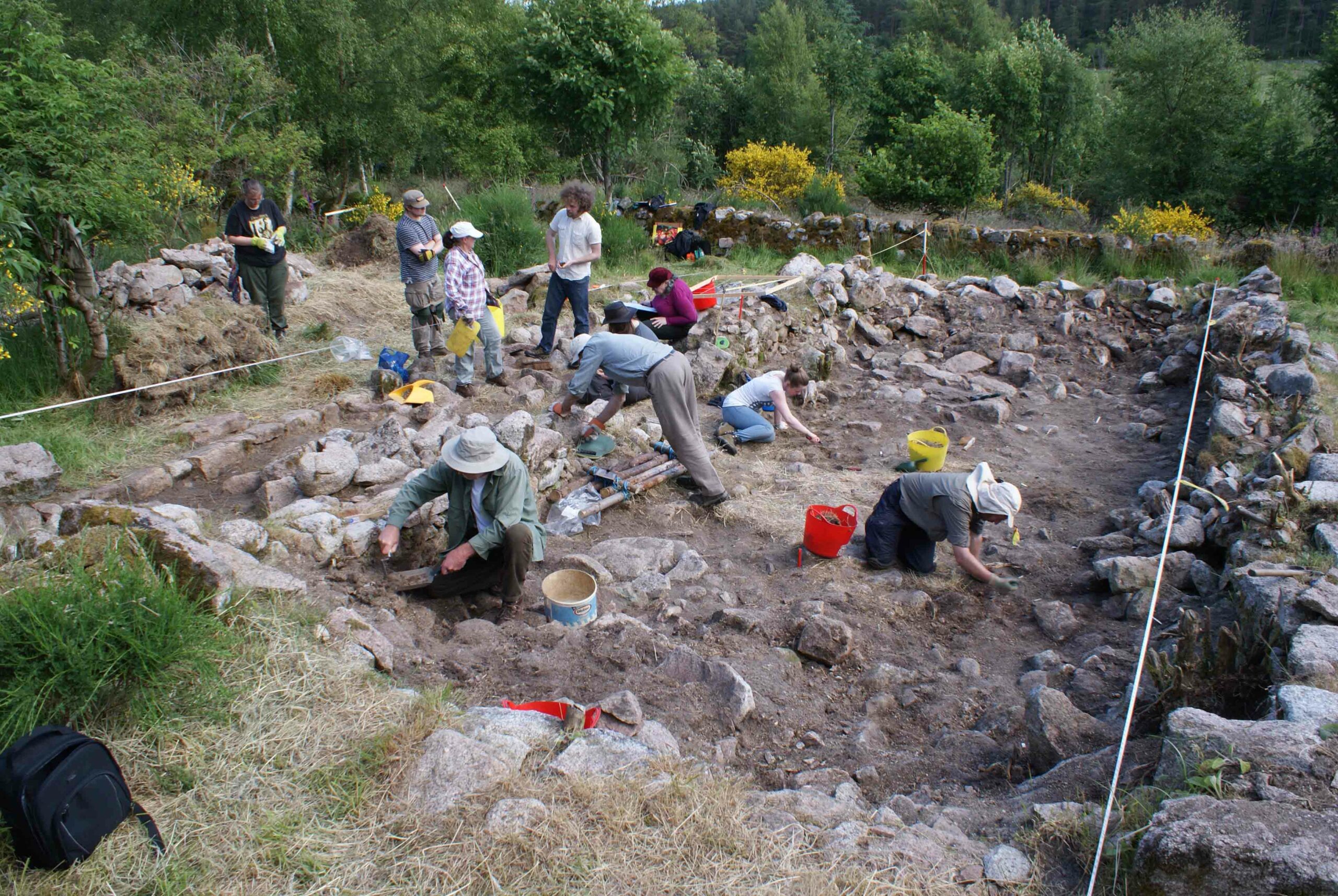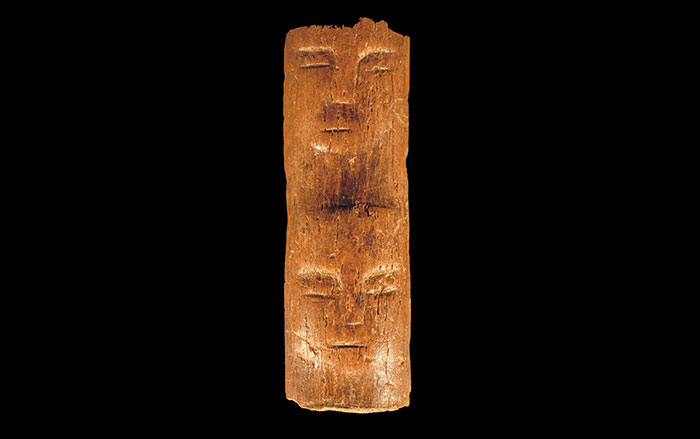LEIPZIG, GERMANY—A new, more precise method of analyzing genetic variation within the Y chromosome has been employed by Mark Stoneking of the Max Planck Institute for Evolutionary Anthropology. He and his team tested DNA samples obtained from more than 600 men from 51 populations around the world, and compared the Y chromosomes, which are passed from father to son, with mitochondrial DNA, which is inherited from mothers. “We found that genetic differences between populations are indeed bigger for the [male] NRY than for [female] mtDNA, but not as big as some studies previously found, so the methods used do have an impact on the results,” Stoneking told Live Science. Overall, more women reproduced than men, and they often traveled to join their husbands’ families. “This often happens in human societies, because not all men are able to afford wives, or sometimes a few men will have many wives,” he said. Thus, the traveling mothers reduced the variability in mitochondrial DNA between the populations. The men, who stayed put, developed distinct genes in each population. To read more about the story of human evolution, see ARCHAEOLOGY'S "Our Tangled Ancestry."


